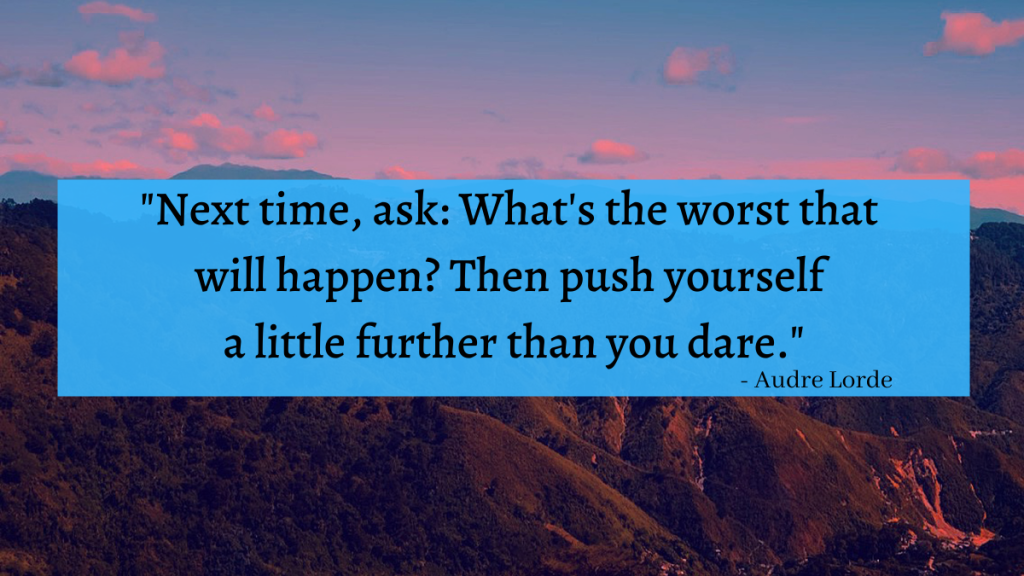TW: This post discusses suicide and suicide-related topics.
When I read about strings of death in the news about people who died by suicide, I am usually pretty shaken. It’s happened a number of times, and I usually always feel the same way, physically and mentally. I am sad yes, but my heart also breaks, and I feel hopeless, both for myself and for the world around me.
For sure, part of those feelings are definitely my personal experience with suicidal thoughts and ideation, but that isn’t what I want to talk about today. When I read about the news concerning someone who died by suicide, especially someone of notoriety or a celebrity, I wade into the reaction surrounding this news. And while there’s a mix of responses, most well-intentioned, it comes back to the same phrase over and over: check on your friends. Check on the people you love. And I sigh.
Let me be clear: at face value, this is not bad advice. In fact, I’m pretty sure I’ve written about the importance of checking in on the people you care about, especially during the winter months or holidays. But this can’t be the only way that we help each other when it comes to mental wellness. It just can’t be.
Relying on individual efforts to provide care and support for people experiencing mental health problems isn’t a realistic long-term solution, but it’s the solution that we’re told about every time we talk about mental health. We don’t talk about the need for more equitable healthcare, or calls for more affordable mental health services. We don’t discuss how the mental health stigma persists, and has even worsened in specific areas and communities. We don’t talk about the fear and misinformation that so many have about mental health and mental illness.
It’s incredibly important to talk to the people you love, to check in on them if you suspect they need a listening ear or the advice of a loved one. But there’s so much more we can do, and not enough people really understand that. As a mental health advocate, it’s frustrating. As someone who lives with mental illness, it’s frightening for all the other people who experience mental health crises every single day. I am scared for them, and my heart breaks for them – and it breaks a little bit for me, too.
I’m not asking much from this post, to be honest. Like so many of my other posts over the years, I know that most of this is just venting and shouting out to the void that mental health continues to be misunderstood, but it continues to be so frustrating. I’ll continue to point to the statistics and the data that show that we have had a public health issue surrounding suicide since long before the pandemic, and we will have one for years to come if we don’t change our approach, but it’s tiring. It’s exhausting. And people need help.
So in fact, I have two takeaways for whomever is reading this post. The first is yes, to check in on your people. Your friends, your family members, whomever you love. If there is someone you suspect might need help, reach out.
But the second thing is to take that next step. Go one step further and learn about mental health, mental illness, mental wellness. Find a way to advocate for better mental health services or treatment. Understand what the mental health stigma is and how it works in today’s modern world. Because until we treat mental health as a community concern, there will be pressure on each person to be individually responsible for the mental health of themselves and their loved ones, and that isn’t a responsibility we should have to bear on our own.
I know I’m sounding like an idealist, but it is my hope that a collective step in the right direction is how we can begin to change our attitude toward suicide, mental illness, and mental health in general.

One thought on “Why We Need More Than “Checking In On Your Friends””